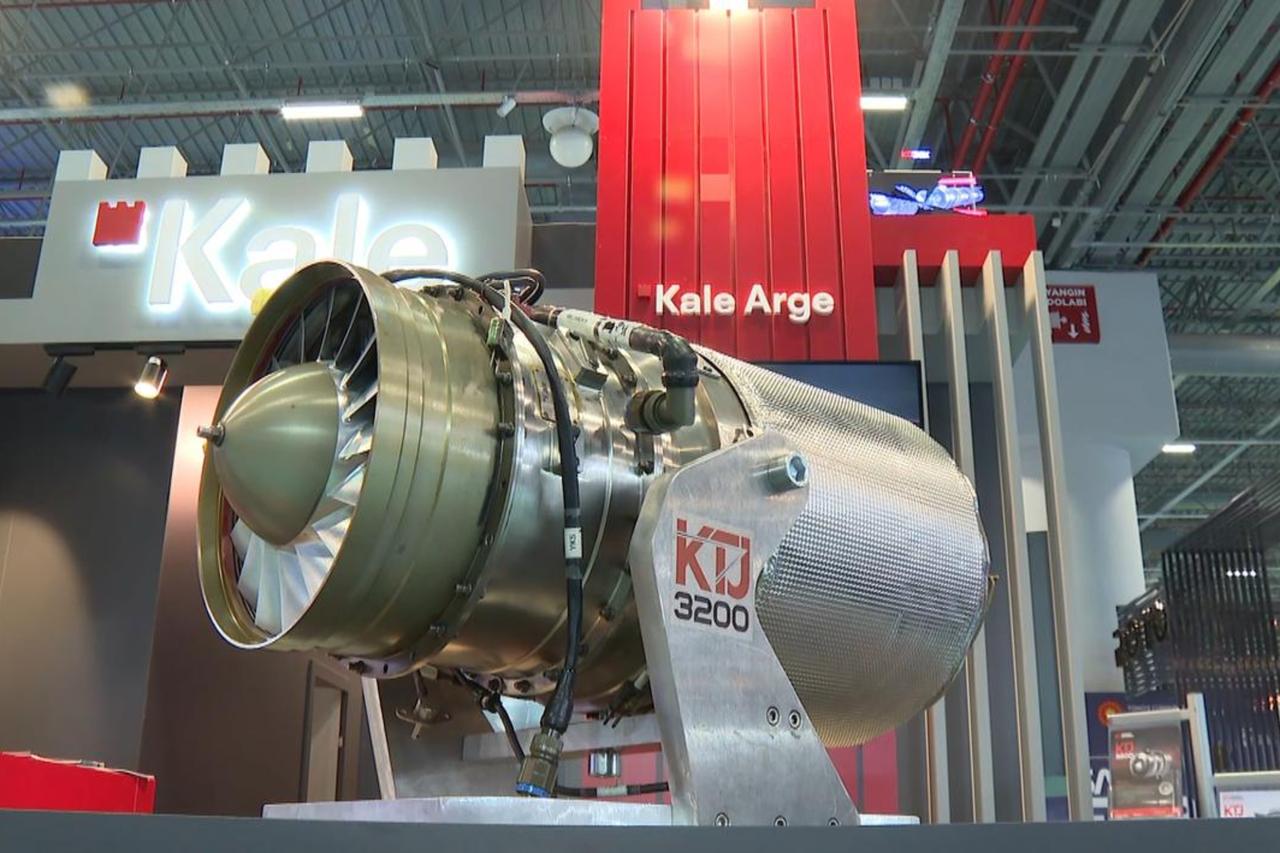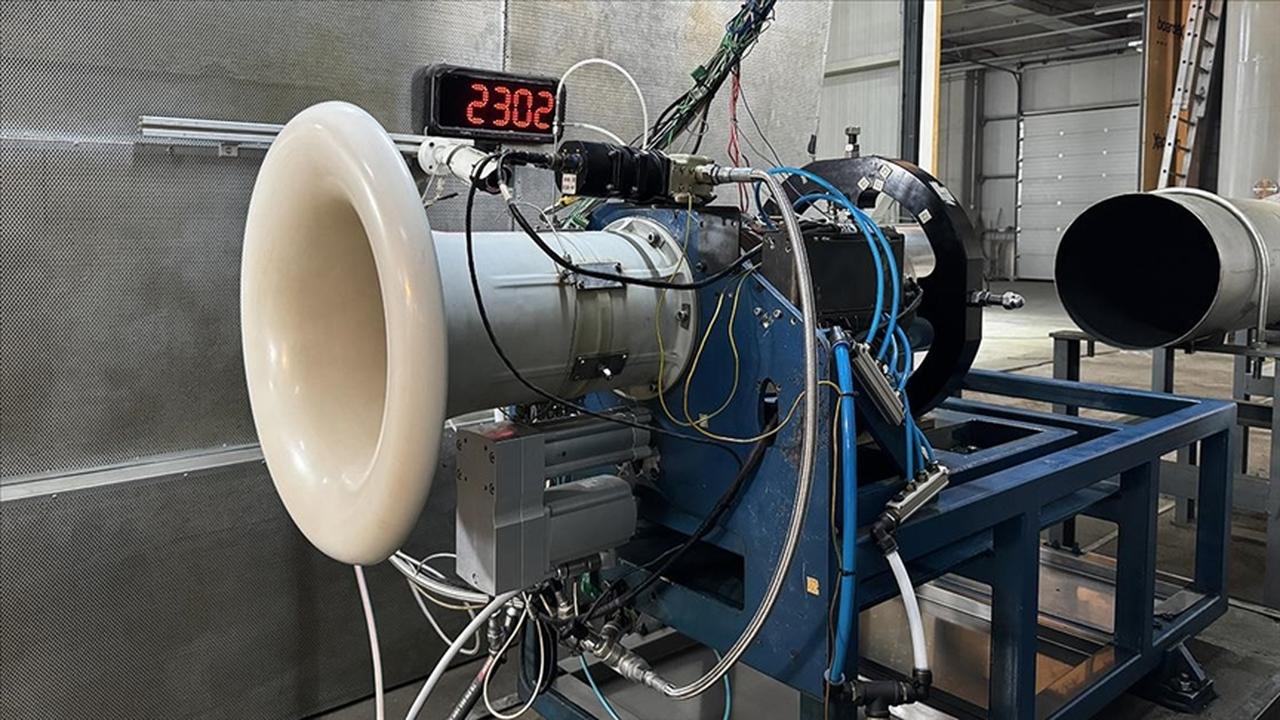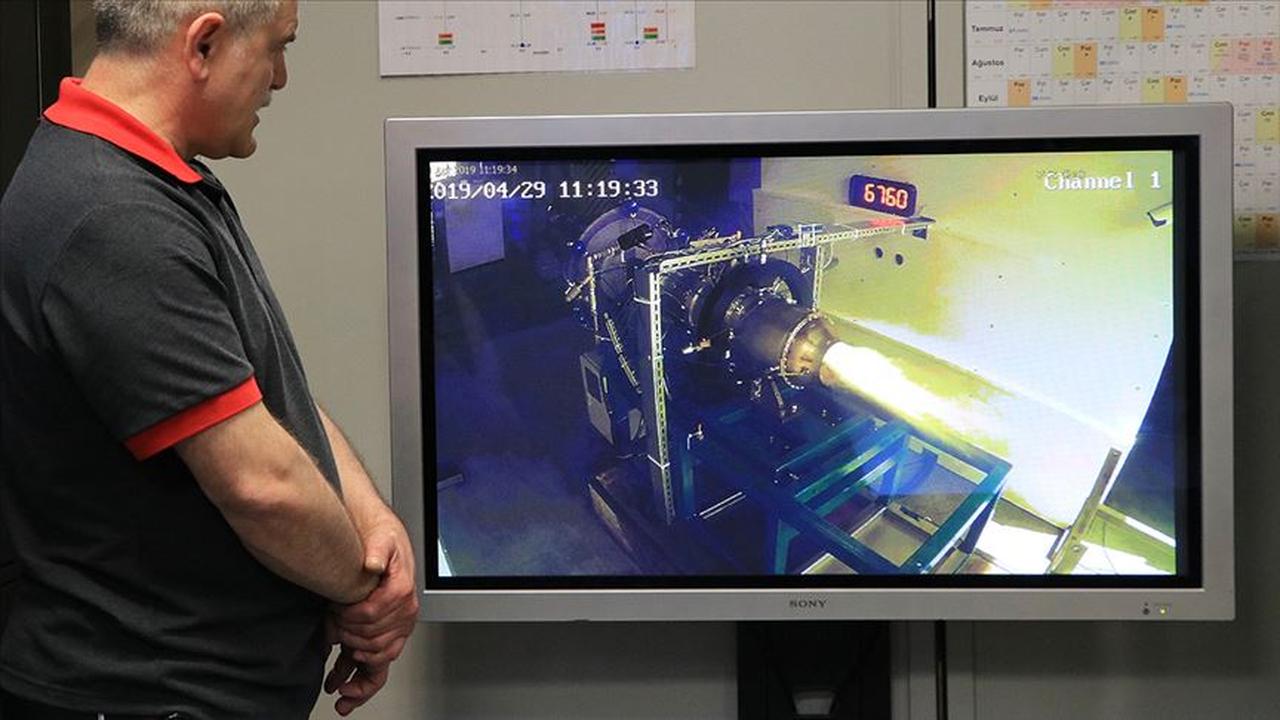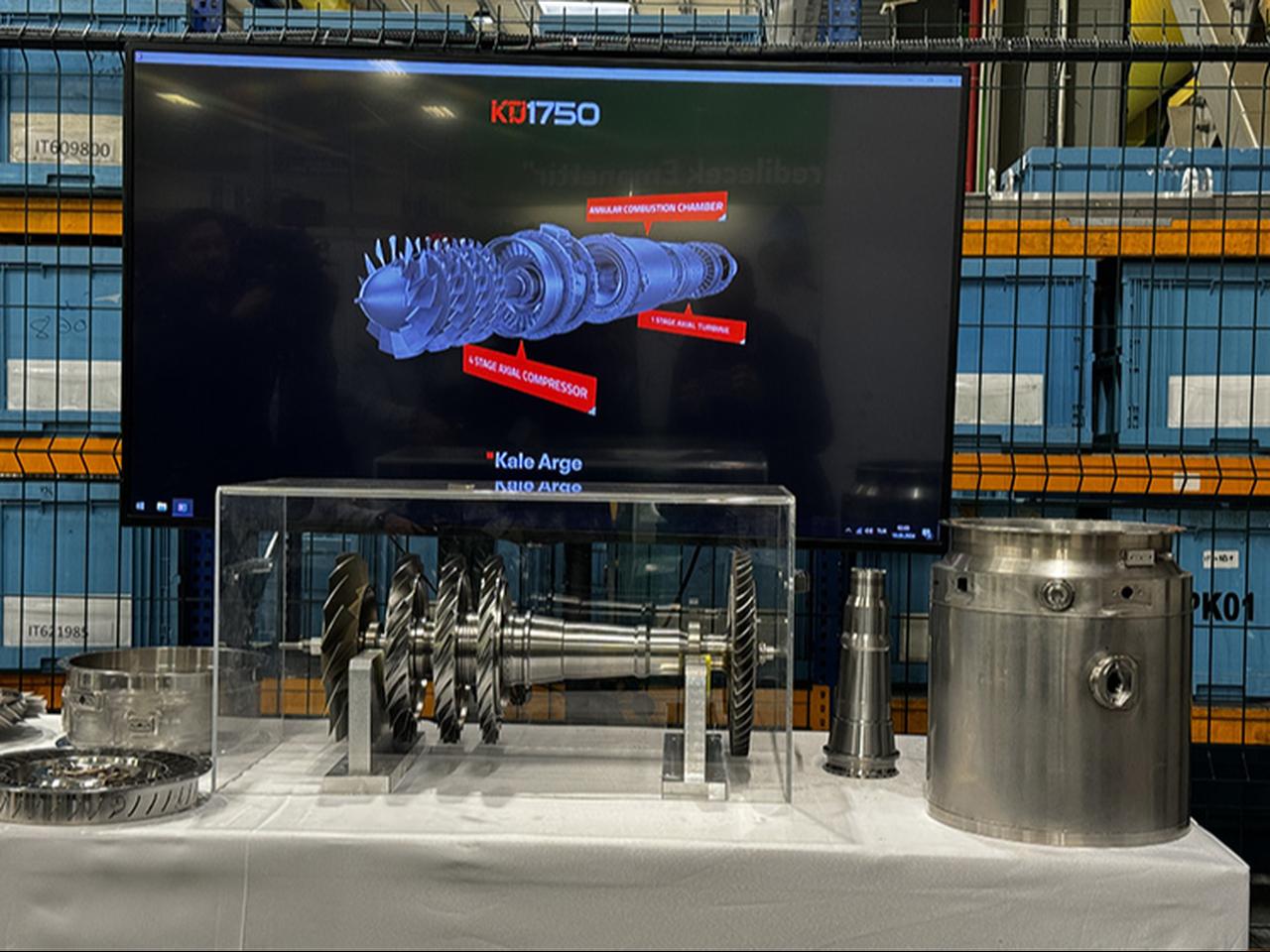
Kale Group is negotiating jet engine exports with 10 to 12 countries and expects to finalize agreements with one or two nations this year, a senior company executive said.
Osman Okyay, Deputy Chairman of the Board at Kale Group, stated that the company is building on its historic export contract with Brazil, signed in April, for the KTJ-3200 Turbojet Missile Engine.
"We are currently conducting jet engine export negotiations with 10 to 12 countries," Okyay told the state-run Anadolu Agency (AA) at the 4th Investment Summit in Izmir, organized by the Aegean Industrialists and Businessmen Association.
"We can make an export agreement with one or two countries within this year," he noted.

Okyay said the Brazil contract marked the first time the Turkish defense industry had achieved an export of jet engines.
"Brazil is developing a cruise missile for its naval forces; the cruise missile has no engine," Okyay said.
"There are not many companies that develop and produce engines. There are relatively more players in low-thrust engines, but there are not many players in the engine class, thrust levels and class we make," he noted.
He said companies developing missile platforms quickly need to procure engines from somewhere, and the limited number of players in the field makes Kale Group one of the doors being knocked on.
"We cannot sell the jet engine to a developing or very underdeveloped country. Because they don't have missile programs," Okyay said.
"So, developed countries trying to develop missiles become our customers. Being able to sell a jet engine to a developed country is a situation we are very proud of as our sector, as a citizen," he noted.

Kale Group has been working on jet engines since 2012, Okyay said. The company now has three different types of engines that have passed all tests, demonstrated performance, and entered serial production.
"As of last year, serial production had begun. This year is our second year in serial production, and all of them have entered the inventory," Okyay said, adding, "Our engines serve as cruise missile engines. Apart from these, we have four different engine development projects ongoing."
He said the company is working at full capacity to meet Türkiye's engine needs for cruise missiles, jets, and kamikaze unmanned aerial vehicles.

Okyay noted that jet engine production is among the world's most challenging tasks, with countries capable of this production not exceeding the number of fingers on one hand.
He expressed confidence that Türkiye will soon join the ranks of countries capable of producing complete jet engines, emphasizing that work is being conducted with a dedicated team of engineers.
Okyay said the lion's share of Türkiye's success in aviation belongs to the Presidency of Defense Industries (SSB).
Aegean Industrialists and Businessmen Association Chairman Sibel Zorlu stated that the defense and aviation industries are among the key sectors driving Türkiye's growth.
"We think there is great potential in Izmir with its free zones, technoparks, R&D centers, Information Valley, and aviation and space clustering in the Aegean Free Zone," Zorlu said.
"We see that it can be one of the important centers in defense and aviation. We think we can do good work with qualified human resources and capital in Izmir," she noted.